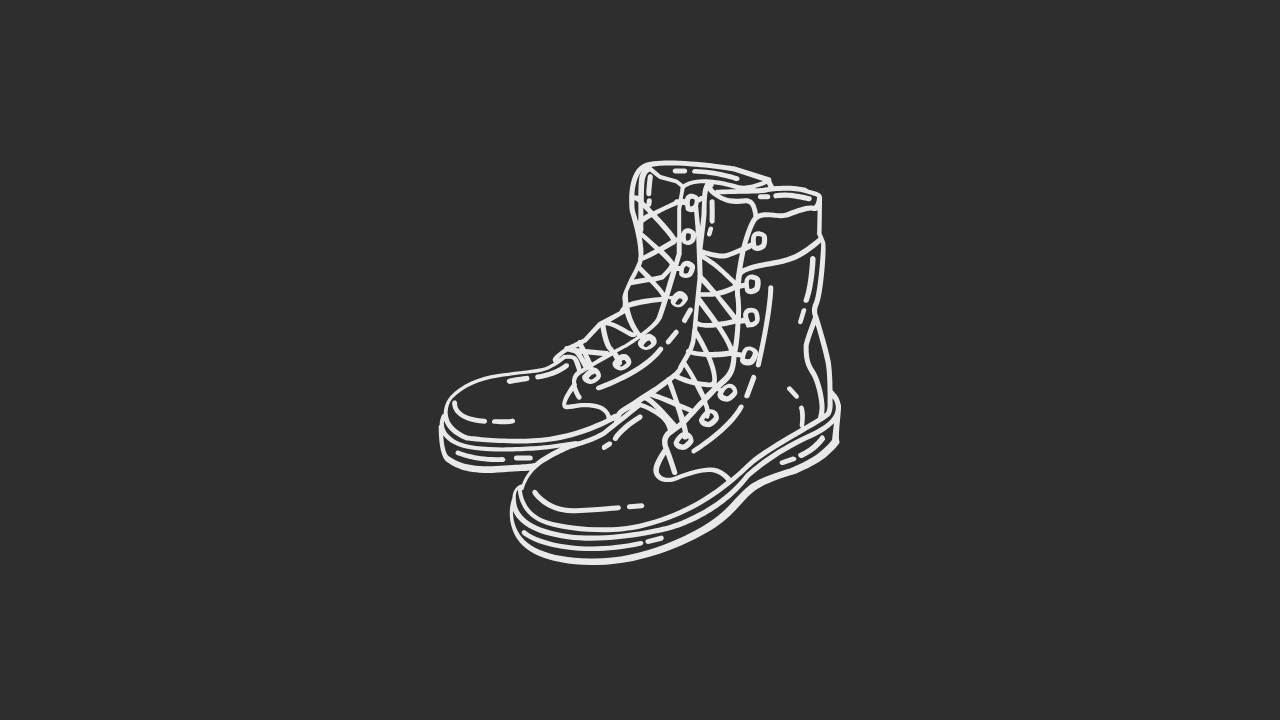
Military Strength vs. Sobriety – Why Recovery Requires a Different Kind of Courage
Oct 06, 2025In the military, Black women learned how to push through pain, turn a blind eye to racial discrimination, adapt under pressure, and keep moving forward—no matter what. Survival meant suppressing emotions, staying focused on the mission, and refusing to show signs of mental and physical weakness.
On the other hand, when it comes to sobriety, those same survival skills that kept us going can sometimes prevent progress in our healing. Sobriety isn’t just about growing through—it’s about learning to let go of control of our emotions. If you’ve struggled with asking for help, slowing down, or allowing yourself to process emotions instead of suppressing them after service, you’re not alone. You were trained that way.
Straight up: the strength that carried you through the military won’t carry you through recovery.
Let me explain.

How Military Training Shaped How We Approach Sobriety
While serving, our strength was defined by how much we could endure. We were taught that pushing forward, no matter the cost, was the only way to survive military service. We learned to push through emotional pain rather than process it. This meant being mentally strong for others even when we were struggling, and suppressing emotions instead of addressing them.
Yes, that worked in the military. It kept us alive and functional in high-pressure situations. However (comma), recovery requires a different kind of strength—one that challenges ev-er-y-thing you were conditioned to believe.

Why Military Strength Can Become a Barrier to Sobriety
As Black women veterans in recovery, we battle with unlearning what military life instilled in us. Although sobriety asks us to lean into the very things we were once told to avoid (vulnerability, emotional transparency, and asking for support), it can feel unnatural, uncomfortable, and even impossible at times.
For many of us, this shows up as:
- Feeling like we have to handle sobriety alone because drinking was part of military culture. Asking for help wasn’t an encouraged option.
- Staying stuck in survival mode, numbing emotions with alcohol rather than uncovering the root cause.
- Believing vulnerability is weakness, when in reality, it’s the foundation for a heightened awareness in our healing.
Strength in recovery looks different—it requires courage, but in a way that the military didn’t prepare us for.

Recovery Requires a Different Kind of Courage
I’ve said it before, and I’ll say it time and time again: Sobriety isn’t just about not drinking. After you let go of your relationship with alcohol, it’s all about learning to trust yourself again, processing emotions in a way that contributes to becoming your best Self, and rebuilding your life on your terms. That means letting go of the idea that:
- Strength means doing it alone.
- Healing means suppressing emotions.
- Sobriety is another battle.
Instead, courage in recovery looks like:
- Letting go of survival mode and allowing yourself to feel.
- Asking for support when you need it.
- Replacing self-judgment with self-compassion.
- Choosing growing through over pushing through.
Real strength isn’t suffering in silence—it’s giving yourself permission to heal.
If you've been trying to figure this out alone, you don't have to anymore.
- Sign up for my newsletter to get recovery insights, or follow me on your preferred social media platform.
- Start small with the Self-Trust Reset Series — a free 4-day journey to rebuild trust in yourself.
- Join the elorasong Healing Hub — a safe community for Black women veterans in sobriety. Get the first 30 days free (no credit card required).
- Join the Rooted Beyond the Uniform™ Waitlist — my 12-week signature program launching in early 2026, designed to help you reclaim, renew, and refine your life beyond the uniform.
Let’s discover a different kind of courage in recovery, together.
Until next time ... stay encouraged.
Elora


